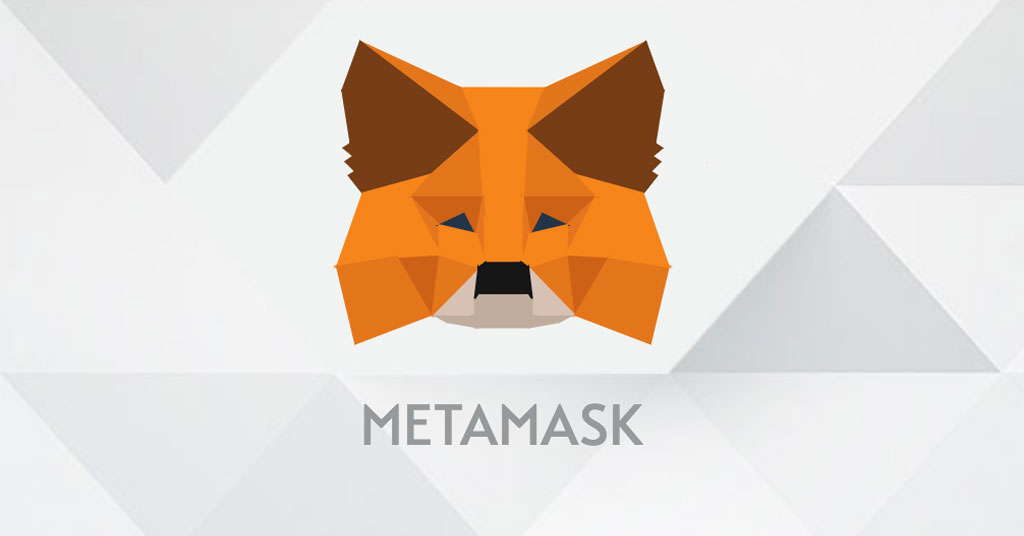As cryptocurrencies like Bitcoin, Ethereum, and countless altcoins gain widespread popularity, the need for secure and efficient storage solutions becomes increasingly crucial MetaMask. This is where crypto wallets come into play. A crypto wallet is a software application or physical device that allows users to store, send, and receive cryptocurrencies. It acts as a secure digital vault for users’ private keys, which are essential for accessing and managing their crypto holdings.
What is a Crypto Wallet?
A crypto wallet is essentially a tool that enables users to interact with their cryptocurrency assets. Unlike traditional wallets that store physical currency, a crypto wallet stores digital information, specifically the private and public keys needed to access and transfer cryptocurrency from one address to another.
Private Key: This is a secret code that allows the user to authorize transactions from their wallet. It must be kept private to prevent unauthorized access.
Public Key: This is the address that others use to send you cryptocurrency. It functions similarly to an email address, and can be freely shared.
There are two main types of crypto wallets: hot wallets and cold wallets.
Hot Wallets vs. Cold Wallets
- Hot Wallets:
- Hot wallets are connected to the internet and are typically used for frequent transactions. They are software-based and can be installed on devices like computers or smartphones, or they can be accessed through online platforms.
- Advantages: Easy access and quick transactions, ideal for those who trade or use crypto frequently.
- Disadvantages: Being internet-connected, hot wallets are vulnerable to hacking and malware attacks.
Common examples of hot wallets include:
- Mobile wallets (e.g., Trust Wallet, Exodus)
- Desktop wallets (e.g., Electrum, Bitcoin Core)
- Web wallets (e.g., MetaMask, Blockchain Wallet)
- Cold Wallets:
- Cold wallets are offline storage solutions that are not connected to the internet. These wallets are typically physical devices or paper wallets that store the private keys in a secure, offline environment.
- Advantages: High level of security since they are not exposed to online threats. They are ideal for long-term storage of large amounts of cryptocurrency.
- Disadvantages: Less convenient for frequent transactions, as users must connect the wallet to the internet for any transfer.
Common examples of cold wallets include:
- Hardware wallets (e.g., Ledger Nano X, Trezor Model T)
- Paper wallets (a printed or written copy of the private keys)
How Crypto Wallets Work
When a user wants to send cryptocurrency, they use their wallet to initiate the transaction by signing it with their private key. The transaction is then broadcast to the blockchain network, where it is verified by miners or validators. Once the transaction is confirmed, the new balance is reflected in the user’s wallet.
It’s essential to note that wallets do not actually store the cryptocurrencies themselves. Instead, they store the cryptographic keys required to access the blockchain network, where the actual coins are stored.
Why are Crypto Wallets Important?
- Security: Since cryptocurrencies are decentralized, the responsibility for securing assets lies entirely with the user. A crypto wallet plays a vital role in protecting your private keys from theft and unauthorized access.
- Control: With a wallet, you have full control over your digital assets, unlike traditional banking systems where third parties manage your funds.
- Ease of Use: Crypto wallets allow users to easily send, receive, and store cryptocurrencies, enabling participation in the growing world of decentralized finance (DeFi), tokenized assets, and more.
- Ownership and Privacy: Unlike centralized exchanges, which can freeze or seize assets, crypto wallets give users full ownership of their assets and ensure privacy in transactions.
Choosing the Right Crypto Wallet
Selecting the right crypto wallet depends on your needs and how you intend to use it. Here are some factors to consider:
- Security: Look for wallets with strong security features such as multi-signature support, two-factor authentication (2FA), and backup options.
- Ease of Use: If you’re new to cryptocurrencies, choose a wallet with an intuitive user interface.
- Asset Support: Ensure the wallet supports the specific cryptocurrencies you want to store.
- Backup and Recovery Options: Choose a wallet that allows you to recover your assets if your device is lost or damaged.
The Future of Crypto Wallets
As the cryptocurrency ecosystem continues to evolve, so will the technology behind crypto wallets. We can expect improvements in usability, security, and interoperability. The integration of biometric authentication, advancements in quantum-resistant encryption, and enhanced user experience will likely shape the future of crypto wallets.
